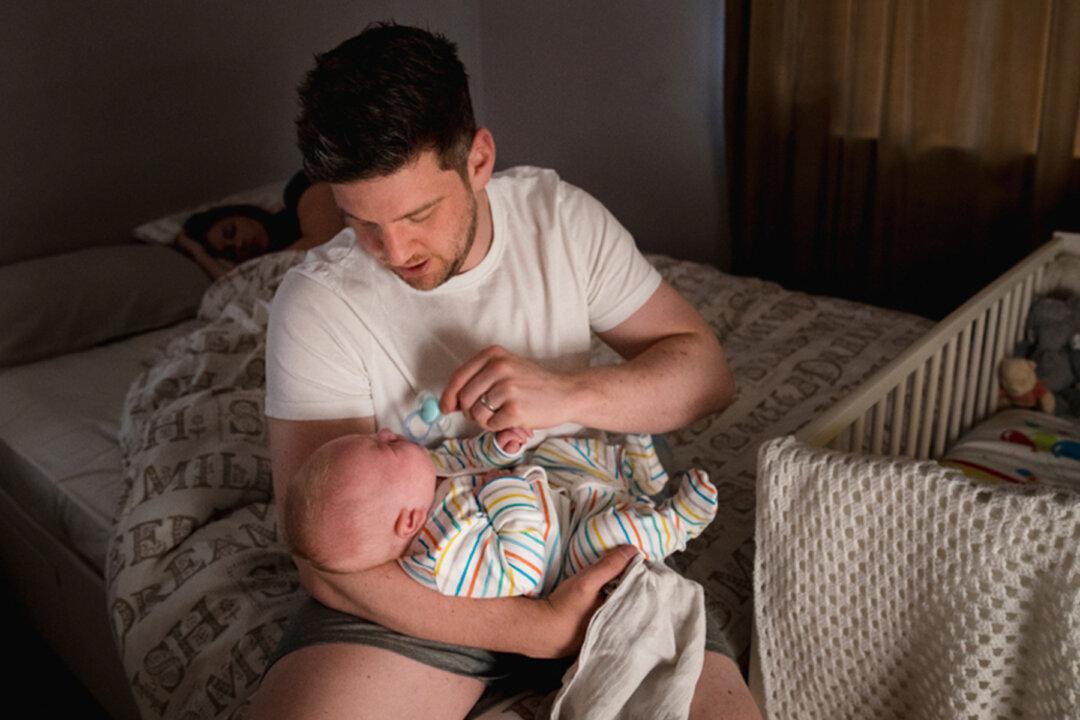Oregon-based writer Clint Edwards is a father of three who learned a humbling parenting lesson and decided to share it with the world. Dads don’t deserve praise for helping out at home, he says.
Many modern families blur traditional gender roles in favor of catering to each parent’s skills and responsibilities. Some dads give up their jobs to stay at home with the children; some moms are the primary breadwinners. But for Clint, it seemed that nighttimes entailed a problem.





